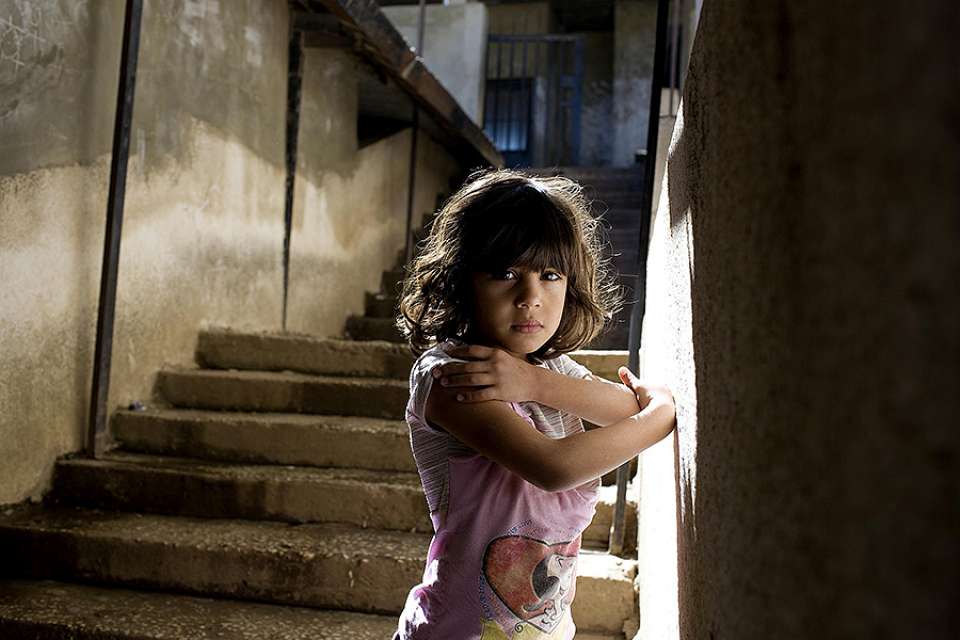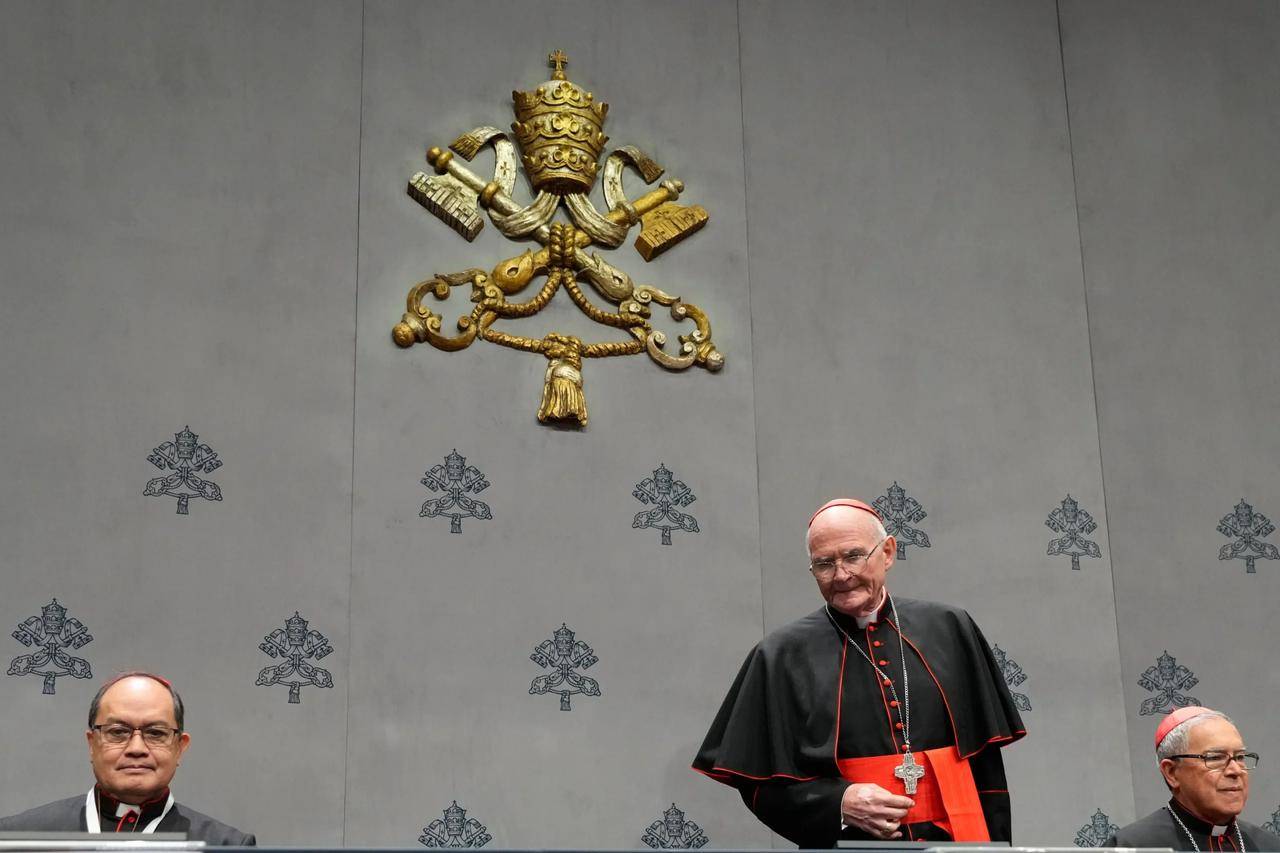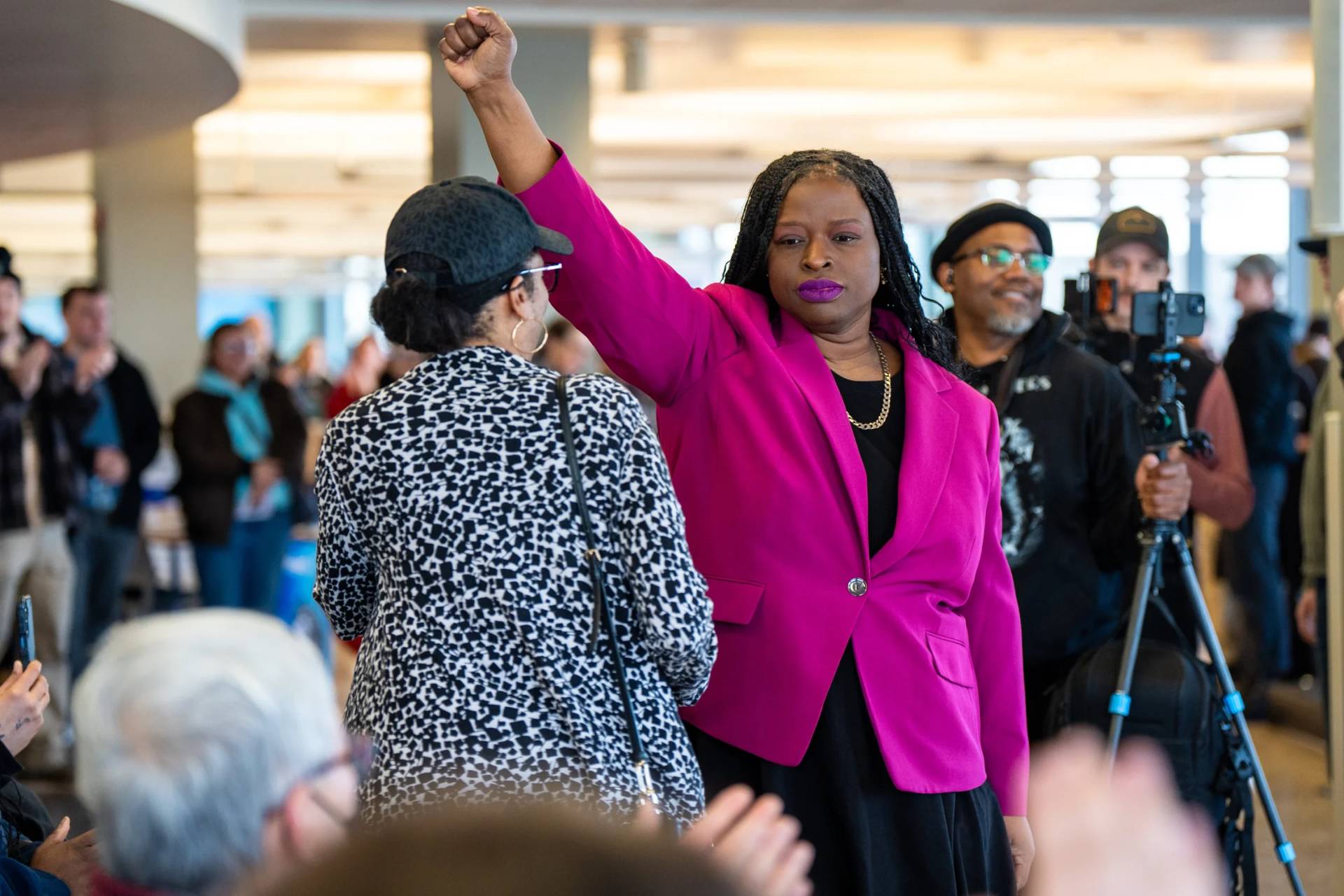WASHINGTON, D.C. – The 2018 National Migration Week observed by the U.S. bishops’ conference will focus on the theme, “Many Journeys, One Family,” highlighting the experience of migrants who are forced to leave their homes.
With more than 65 million people worldwide displaced from their homes, Bishop Joe Vásquez of Austin, chairman of the bishops’ Committee on Migration, expressed hope that the week will educate Catholics on migration and encourage the faithful to share in the struggles of immigrants.
“National Migration Week allows for reflection upon the biblical teaching concerning welcoming the newcomer and allows us to share the journey with our brothers and sisters who have been forced from their homes,” said the bishop in a Jan. 5 statement.
This year, National Migration Week falls Jan. 7-13. Its theme coincides with the “Share the Journey,” global immigration campaign hosted by Caritas Internationalis.
Observed by the U.S. bishops for nearly 50 years, this week will also help educate Catholics about the ethnically diverse communities within the Church, and how the Church has served immigrants throughout the years.
As part of this year’s National Migration Week, the U.S. Conference of Catholic Bishops is taking part in an immigration awareness event at The Catholic University of America.
Scheduled Jan. 11, the event is entitled “On the Margins: At the intersection of Catholic Thought and Migration,” and will feature Catholic experts including Ashley Feasley, director of Migration Policy and Public Affairs for the bishops’ conference, and V. Bradley Lewis, a philosophy professor at CUA and faculty fellow at the Institute for Human Ecology.
In addition to the bishops’ conference, the panel discussion will be sponsored by The Catholic University of America’s Institute for Human Ecology.
One panel at the event will focus on the stories of children, examining how current migration policies in the U.S. affect DREAMERs and DACA recipients. Attendees will have an opportunity to hear migrant children’s stories: their reasons for migrating, the experiences of their journeys, and examples of how they’ve been received in the U.S.
Another panel will analyze immigration in the context of Catholic social teaching, and consider how this tradition has affected the bishops’ development of U.S. policy. It will also look at how migration has been a major issue in the Pope Francis pontificate.














